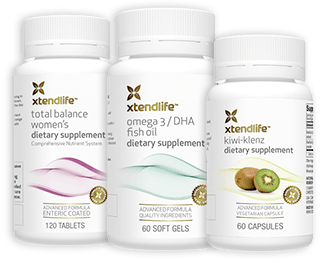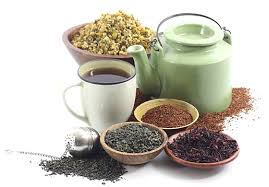Grape Seed Extract Benefits & Uses
Grape seed extract, or grapeseed oil, is exactly what it sounds like. The extracted concentrate contains high levels of vitamin E, flavonoids, linoleic acid, and OPCs, but the primary constituent that the extract is taken for is polyphenols, which are effective antioxidants.
These polyphenols may be effective for preventing the growth and spread of cancer cells. Scientific studies show that the antioxidant power of these compounds is 20 times more powerful than vitamin E and 50 times more powerful than vitamin C.
One polyphenol in grape seed extract is called procyanidin, initially discovered in 1936 and called vitamin P for a short time. This not only helps with free radicals like the other polyphenol antioxidants, but is also thought to protect the body from premature aging, as well as bonding with collagen in the body to give younger looking skin.
Procyanidins can also can improve your vision, improve the flexibility in joints, improve the health of arteries and body tissues like the heart, and strengthen veins and capillaries to improve the circulatory system.
The use of red wine and grapes as a source of healing and health has been employed in Europe for centuries, but only recently has the US begun to take notice and start marketing and using the grape seed oil, due to many recently completed and ongoing scientific studies of the health benefits.
Grape seed extract does not generally have side effects, and the excess of any intake is removed through the urine. If any side effects are experienced, they most likely include headaches, dizziness, nausea, and a dry, itchy scalp. The grapeseed oil is thought to have blood thinning properties as well, so people with bleeding disorders or people on blood thinning medications should probably not take it.
There is no standardized recommended dosage for taking grapeseed extract, as it is not a regulated supplement, but the University of Maryland Medical Center recommends buying extracts that are standardized to at least 40% procyanidins or at least 95% OPCs. For protection against free radical damage, UMMC recommends 25 to 150mg one to three times daily. For chronic venous insufficiency, UMMC recommends 150 to 300mg once per day.
Although certain people should avoid this supplement, it is generally recognized to be safe and healthy for the majority of people. Among the groups of people who are warned against taking it are children and pregnant or breastfeeding women.
more than grape seed extract uses on our Medicinal Herbs page
Resources...
Search our site...
PREMIUM SUPPLEMENTS
The most advanced herbal supplements on the market
BULK HERBS AND TEAS
Need bulk herbs, teas, supplements and capsules?

